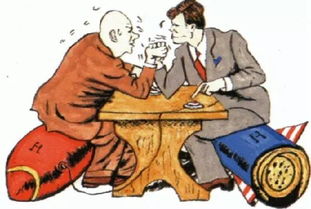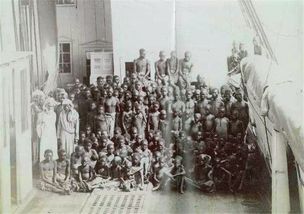Football Culture: A Multidimensional Exploration
When you think of football culture, what comes to mind? Is it the roar of the crowd, the passion of the players, or the rich history behind the sport? Football, also known as soccer in some parts of the world, is not just a game; it's a culture that transcends borders and unites people from all walks of life. In this article, we will delve into the various dimensions of football culture, exploring its history, the role of fans, the significance of national teams, and the global impact of the sport.
History of Football Culture

The origins of football can be traced back to ancient civilizations, with variations of the game being played in China, Greece, and Rome. However, the modern game of football as we know it today began in England during the 19th century. The first official football club, Sheffield FC, was founded in 1857, and the first international match took place between England and Scotland in 1872. Since then, football has grown exponentially, becoming a global phenomenon.
The Role of Fans

Fans play a crucial role in football culture. They are the lifeblood of the sport, providing the energy and passion that makes football so captivating. Whether it's the passionate chants in a stadium or the vibrant colors of a fan club, fans are an integral part of the football experience. In some countries, such as Italy and Brazil, football fans are known for their loyalty and dedication to their teams. They travel long distances, spend countless hours cheering for their beloved clubs, and even go to great lengths to support their teams financially.
One of the most iconic fan cultures in football is that of the ultras. Ultras are hardcore fans who are known for their extreme loyalty and dedication to their teams. They often form organized groups, with each group having its own unique identity and style. Ultras are known for their passionate displays of support, including singing, flag-waving, and even creating elaborate banners and murals. In some cases, ultras have even been involved in political activism, using their platform to voice their concerns and fight for social justice.
National Teams and the FIFA World Cup

National teams hold a special place in football culture. They represent the pride and identity of a nation, and their success on the international stage is a source of immense joy and celebration. The FIFA World Cup, held every four years, is the most prestigious tournament in football, with teams from around the world vying for the coveted title. The World Cup has a rich history, with the first tournament taking place in 1930 in Uruguay. Since then, the World Cup has grown in popularity, attracting millions of fans from all corners of the globe.
One of the most memorable moments in World Cup history was the 1994 tournament in the United States. The tournament featured the "Brazil vs. Italy" final, which is often regarded as one of the greatest football matches of all time. The match ended in a 0-0 draw after extra time, with Brazil winning the shootout 3-2. This final is a testament to the passion and skill that defines football culture.
Global Impact of Football
Football has had a profound impact on the world, both on and off the pitch. The sport has brought people together, fostering a sense of unity and camaraderie. It has also had a significant economic impact, generating billions of dollars in revenue each year. The global football market is dominated by major leagues such as the English Premier League, Spanish La Liga, German Bundesliga, and Italian Serie A.
One of the most notable examples of football's global impact is the creation of the FIFA Women's World Cup. The first Women's World Cup took place in 1991, and since then, the tournament has grown in popularity, attracting millions of fans and showcasing the talent of female footballers worldwide. The Women's World Cup has played a crucial role in promoting gender equality and empowering women in the sport.
Conclusion
Football culture is a multifaceted entity that encompasses history, passion, unity, and global impact. From the origins of the game to the role of fans, national teams, and the FIFA World Cup, football culture is a testament to the power of sport to bring people together. Whether you're a die-hard fan or a casual observer, football culture has something to offer everyone. So, the next time you watch a football match, take a moment to appreciate the rich tapestry of football culture that surrounds you.










